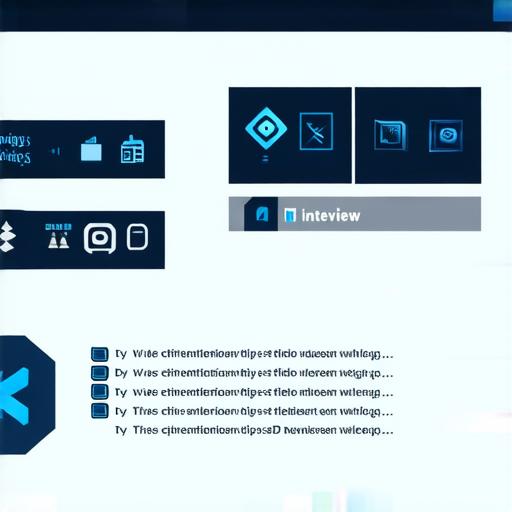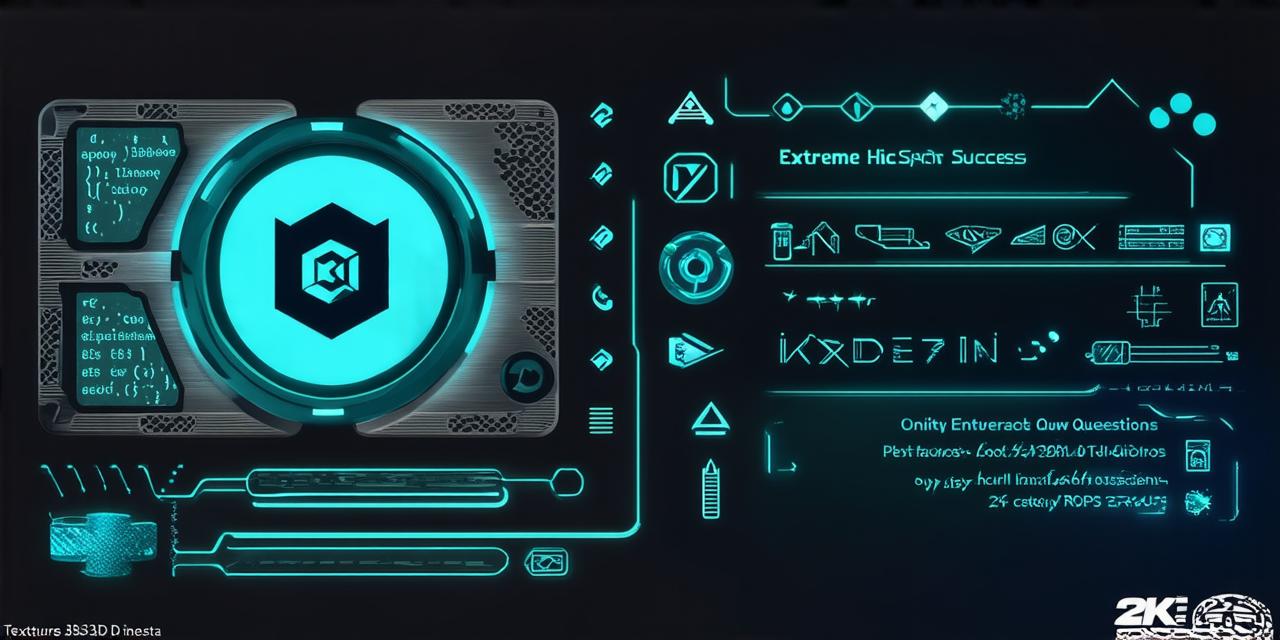Top Unity 3D Developer Interview Questions for Success

Unity is a popular game engine used by many developers to create interactive games, simulations, and other immersive experiences.
As the demand for skilled Unity developers continues to grow, it’s important to stand out in job interviews to showcase your expertise and increase your chances of landing the job. In this article, we will cover the top interview questions for Unity 3D developers that can help you succeed in your next interview.
1. What experience do you have with Unity?
When asked about your experience with Unity, it’s important to highlight any previous projects you’ve worked on and any relevant training or certifications you’ve received. If you don’t have much experience with Unity, be honest about that and explain what steps you’re taking to learn more. Employers are looking for developers who can hit the ground running and contribute to their team quickly.
2. What are some of your favorite features in Unity?
Showcasing your knowledge and passion for Unity by discussing your favorite features can help demonstrate your understanding of the engine and its capabilities. Be sure to mention any features that you find particularly useful or interesting, and explain why they’re important to you as a developer.
3. How do you approach debugging problems in Unity?
Debugging is an essential part of game development, and employers want to know that you have the skills to identify and solve problems quickly. When asked about your approach to debugging, discuss any tools or techniques you use to isolate issues and find solutions. Be sure to mention any experience you have with debugging tools like MonoDevelop or Visual Studio.
4. What experience do you have with version control systems?
Version control is an essential tool for developers to track changes to their code and collaborate with others on projects. Employers want to know that you’re familiar with version control systems like Git, so be sure to mention any experience you have with these tools. Explain how you use Git to manage your codebase, merge changes with others, and revert changes if necessary.
5. What are some of the best practices for optimizing performance in Unity games?
Performance optimization is critical to creating games that run smoothly and provide a seamless user experience. When asked about best practices for optimizing performance, discuss any techniques you use to reduce load times, minimize resource usage, and improve overall game speed. Be sure to mention any experience you have with profiling tools like Unity’s built-in profiler or third-party tools like Ozone or Valgrind.
6. How do you approach creating assets in Unity?
Assets are an essential part of game development, and employers want to know that you can create high-quality assets efficiently. When asked about your approach to creating assets
